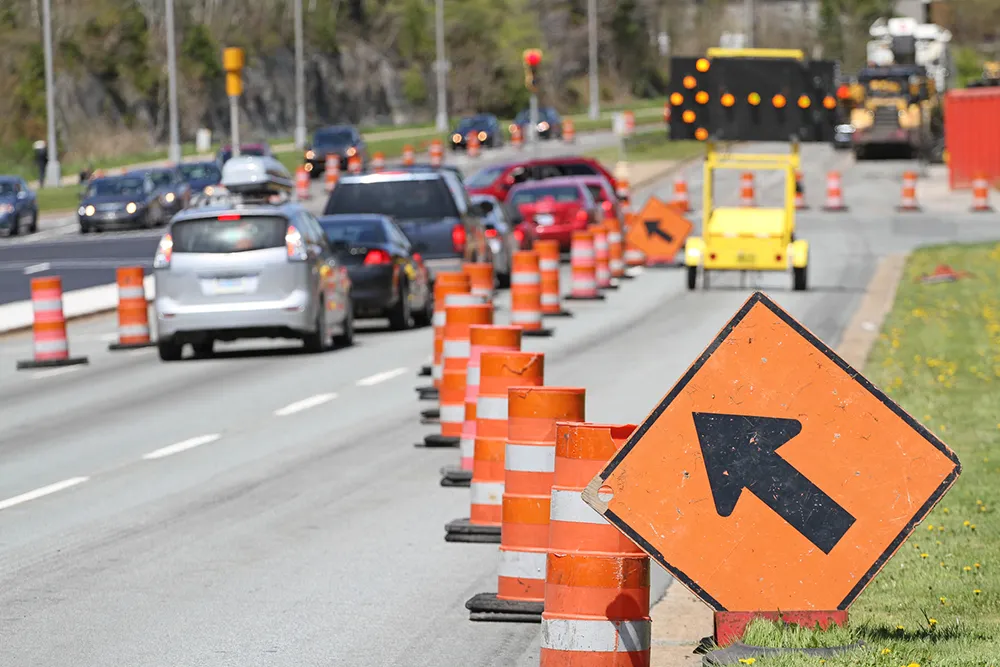Additionally, the 10-year programme is expected to provide Londoners with an improvement in responses to incidents as well as better data and customer information.
Initially, Siemens will replace TfL’s urban traffic control system with a cloud-based traffic control solution. New features will be added to migrate traffic control into a cloud environment during 2020.
For the second phase, new adaptive control algorithms, referred to as Future Scoot, will be developed in stages from 2021.
Future Scoot is expected to help TfL manage most of the city’s 6,000 traffic intersections. The system will monitor approaching traffic and develop indicators of congestion.
Siemens will be responsible for maintaining the system once it goes live in 2020.
Siemens ITS to upgrade TfL’s traffic control system
Siemens ITS will upgrade Transport for London’s (TfL’s) real time optimiser to help improve traffic flows across the capital’s road network. TfL says there will be “£1bn of benefits” through reduced delays. Additionally, the 10-year programme is expected to provide Londoners with an improvement in responses to incidents as well as better data and customer information. Initially, Siemens will replace TfL’s urban traffic control system with a cloud-based traffic control solution. New features will be
July 3, 2018
Read time: 2 mins








